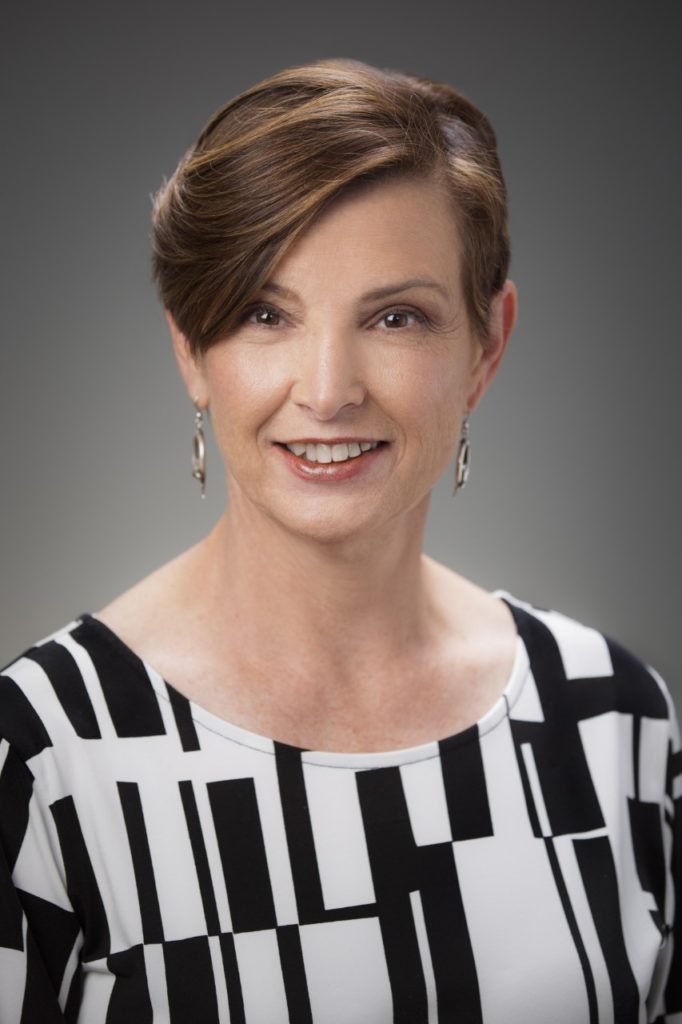More is not always better

Melissa Martin, Ph.D

“If I only had more,” said the people. How many of us have made (or thought) this very same comment? How many of us have envied or resented those with more? How many of us have obsessed over how to get more?
It’s human nature to equate “more” with happiness, contentment, satisfaction. Work hard to have more. Invest to have more. Save to have more. Our cultural expectations of “success” have left the masses unfulfilled, disappointed, and empty. Be smarter. Be prettier. Be wealthier. Once we feel happy—we want to feel happier. We chase after the “happy train” on the way to find “more.” More intelligence. More beauty. More treasure.
“The Disease of More” is a 2017 article penned by Mark Manson, a most-read and shared story on the website called Pocket. Manson mentioned hall of frame coach Pat Riley (the man that led six teams to NBA championships) who coined the sports concept called Disease of More.
The 1980 Lakers is his example. In the beginning, they functioned as a unified team focused on winning. But after a championship, the players because focused on themselves and wanted “more.” More fortune (money, houses, cars). More fame (endorsements, commercials, media attention).
Manson surmised, “As a result, what was once a cohesive group of hardworking men begins to fray. Egos get involved. Gatorade bottles are thrown. And the psychological composition of the team changes — what was once a perfect chemistry of bodies and minds becomes a toxic, atomized mess. Players feel entitled to ignore the small, unsexy tasks that actually win championships, believing that they’ve earned the right to not do it anymore. And as a result, what was the most talented team, ends up failing.” www.getpocket.com/.
How many of us have sacrificed our time to have “more”? More awards, achievements, accolades. More degrees, promotions, raises. More information, knowledge, wisdom. More self-improvement with the goals of weight loss, firmer muscles, tighter bums.
Mansion continued, “The improvement is not the problem, it’s the WHY that’s motivating the improvement that matters. When one compulsively looks to improve oneself, without any greater cause or reason driving it other than self-aggrandizement, it leads to a life of immense self-preoccupation, a light and beneficent form of narcissism where one’s constant attention and focus is on oneself. And ironically, this will probably make your life worse off.”
Herein lies the “more” fallacy. If I have more—I am worthy. If I have more—I am lovable. If I have more—I am significant. This is self-defeating monologue. Step away from social media hype and hyperbole. Human beings are worthy, lovable, and significant without “more”—albeit the world of the powerful and the privileged disagree. But Creator God knows the truth and this truth will set us free.
And in my opinion, happy is an emotion that comes and goes, like our other emotions. “But I just want to be happy!” exclaimed the people. Happy is not a state of being. So stop chasing after it. Happy feelings ebb and flow. The emotion of happy serves a purpose just like the emotion of sad.
Further explanations are offered lest you misunderstand.
Humans need to be engaged in daily living: being involved in activities that give life meaning; being purposeful with goals; being active in relationships with family, friends, coworkers, and other individuals. Resting, relaxing, and vacationing is necessary. Singing, dancing, and laughing is necessary. Making money, spending money, and enjoying money is necessary.
“How we spend our days is, of course, how we spend our lives,” wrote Annie Dillard.
Society needs individuals in all types of careers and employment. To work is part of God’s original design for humanity. The Lord God took the man and put him in the Garden of Eden to work it and take care of it. (Genesis 2:15, NIV)
But if you think you’re too unique to scrub a toilet—you’ve missed the mark of humility. How many American presidents have cleaned a commode in the White House? I’m reminded of the movie Gandhi and the scene where he expected his entire crew (including himself) to clean the common latrines.
It’s okay to own things, but do things own you? It’s okay to save money, but are you like Scrooge McDuck? It’s okay to invent products that make chores easier.
What’s the takeaway from my column? “More” of everything does not equal a satisfied life. Moderation in all things demonstrates a balanced life. Check your motives for why you do what you do. Self-preoccupation increases discontentment.
And one more thing—I need to take my own advice.
Melissa Martin, Ph.D., is an author, columnist, and educator. She lives in
Southern Ohio. www.melissamartinchildrensauthor.com.






